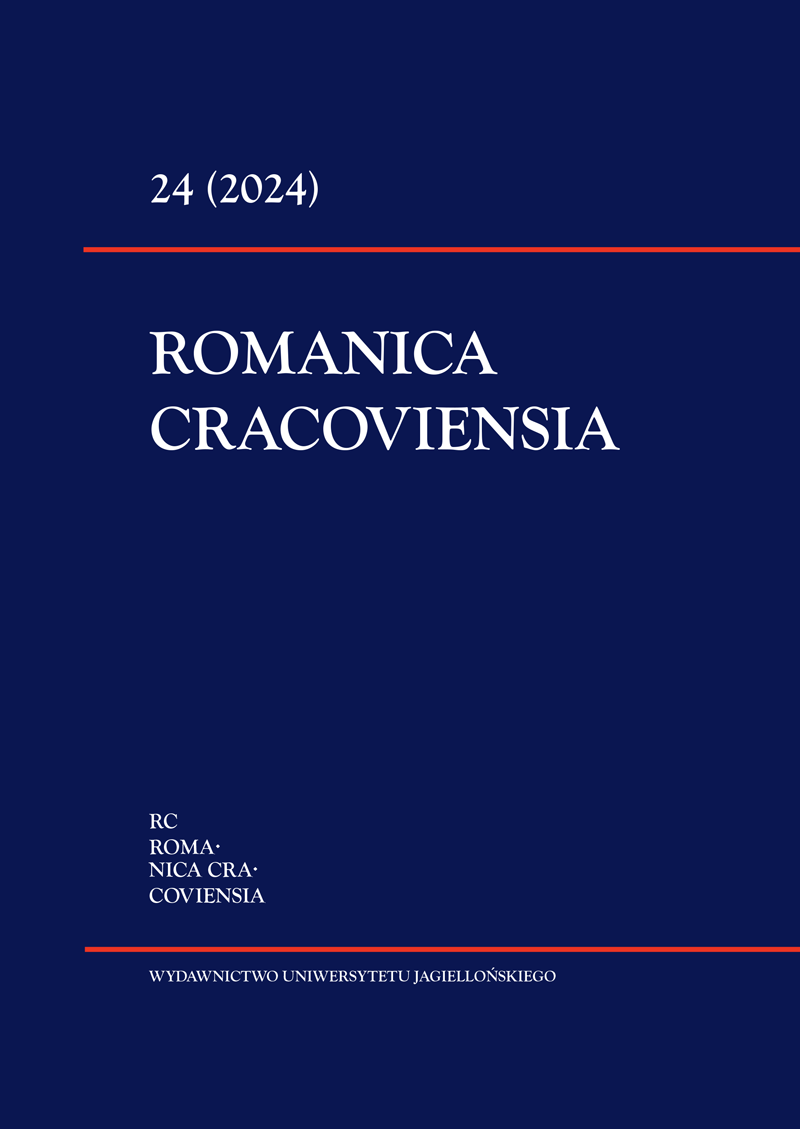Algumas observações acerca da definição e do emprego de gente no português europeu
Some observations about the definition and use of gente in European Portuguese
Author(s): Joanna DrzazgowskaSubject(s): Language studies, Language and Literature Studies, Theoretical Linguistics, Historical Linguistics
Published by: Wydawnictwo Uniwersytetu Jagiellońskiego
Keywords: use of gente; European Portuguese; lexicography
Summary/Abstract: The Portuguese noun gente comes from the Latin word gens, gentis, which can mean ‘family grouping’, ‘clan’, ‘the house in its entirety’, ‘family’, ‘people’, ‘race’, ‘generation’, ‘offspring’, ‘number of people’, ‘someone of importance’. The aim of this article is to analyse the meaning and use of the word gente in European Portuguese and to attempt to show how the meaning of the Latin word has evolved in Portuguese over time. For this purpose, definitions of gente from selected dictionaries published from the end of the 18th century to the 21st century are analyzed. The next stage of our analysis is an attempt to compare data and information from dictionaries with the real use of the word gente. The corpus of our analysis, both qualitative and quantitative, is Portuguese literature from the turn of the 20th and 21st centuries.
Journal: Romanica Cracoviensia
- Issue Year: 2024
- Issue No: Sp. Iss.
- Page Range: 183-193
- Page Count: 11
- Language: Portuguese

